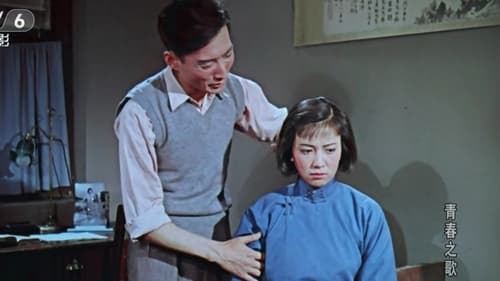Yu Shizhi
Nacimiento : 1927-07-09, Tangshan, Hebei, China
Muerte : 2013-01-20
Historia
Famous Chinese actor. In the boyhood, he worked as an employee of the tax bureau, a warehouse helper, etc. In 1942, he participated in the amateur drama activities of the Peiping Youth Organization. In 1945, he graduated from the Spanish Department of Peking University and joined the Fatherland Troupe in the same year. In 1947, he entered the Beiping Art Museum. In 1949, he entered the North China People's Art Troupe (Beijing People's Art Theatre). In 1952, he began to film the film "Longxugou". Since then, he has been successfully reproduced on the screen. He also played Yu Yongze in "The Song of Youth" (1959), playing Dzerzhinsky in "In the Name of Revolution" (1960), in 1978 The first of the Big Rivers created the image of Chairman Mao on the screen, and later filmed the film "Den Hearts" (1979) and "Tea House" (1982). In the film "Autumn" (1983), the image of the feudal bureaucrat Guifu, who was the vassal of the Qing Dynasty, was shaped and won the Best Supporting Actor Award in the 4th Golden Rooster Award.





